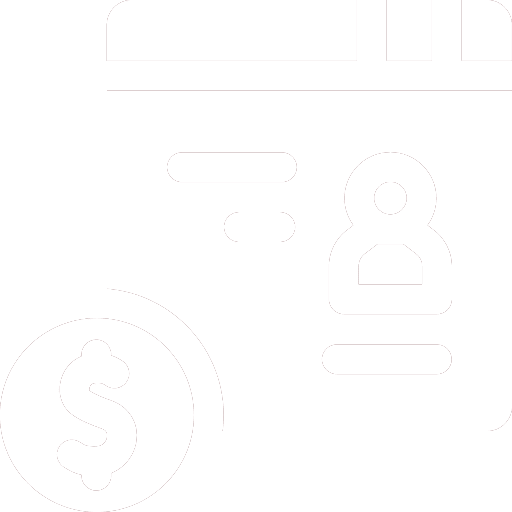What Is PPC Advertising? A Beginner’s Guide for Marketing Leaders
In today’s digital-first landscape, businesses can’t leave customer acquisition to chance. Strategic marketing is a necessity, not a luxury. One of the most powerful tools available?
If you’re a marketing leader aiming to drive high-intent traffic, increase visibility, and get measurable ROI fast, PPC should be a foundational part of your digital strategy. But what is PPC advertising exactly, and how does it compare to other paid media options? Let’s dive in.
What Is PPC Advertising?
PPC, or Pay‑Per‑Click, is a model of online advertising where you pay a fee each time someone actually clicks on your ad, rather than paying for the ad to be displayed. Most commonly seen on search engines like Google or Bing, PPC also appears on social platforms like Facebook, LinkedIn, and Instagram.
In simple terms: you’re only paying for engagement, making PPC a highly efficient channel for driving targeted traffic.
How It Works
- Keyword Research – Identify user search terms you want to target. Effective PPC keyword research enhances conversion performance.
- Ad Creation – Develop compelling copy (and visuals, if relevant).
- Bidding – Set how much you’ll pay per click.
- Auction & Ad Rank – Platforms evaluate bid, ad quality, relevance, and landing page experience.
- Clicks & Conversions – You pay only when someone clicks—and ideally they convert.
PPC vs. Other Paid Advertising
Here’s how PPC compares to other paid media types:
| Type of Advertising | How It Works | Cost Model | Best For |
| PPC (Search Ads) | Ads on search results based on keywords | Pay‑per‑click | High-intent users actively searching |
| Display Ads | Visual ads across websites/apps | Usually CPM (cost per 1,000 impressions) | Brand awareness, visibility |
| Social Media Ads | Ads tailored to audience interests/demographics | CPC or CPM | Lead gen, storytelling, audience building |
Key distinction: PPC is intent-driven—you’re capturing users in the moment they’re looking for something, making it highly conversion-oriented.
Why PPC Should Be Part of Your Strategy
PPC isn’t just for big brands—it’s impactful for startups, B2B, agencies, and beyond:
- Fast, Measurable Results – Unlike SEO (which takes time), PPC can start delivering traffic and conversions within hours, backed by robust analytics.
- High Intent, High ROI – You’re targeting actively searching users, which often yields stronger conversion rates and ROI.
- Granular Targeting – Platforms offer filters by location, demographic, device—your budget goes where it matters.
- Flexible Budget – Start small and scale—no minimum spend required.
- Funnel-Friendly – Supports awareness through conversion; works seamlessly alongside SEO, content, and email marketing.
Common Pitfalls to Avoid
- Ignoring negative keywords – These save you from irrelevant clicks.
- Weak landing pages – A click means nothing if the page isn’t optimized or engaging.
- Skipping A/B tests – Ad variations matter—test, learn, optimize.
- No conversion tracking – You can’t improve what you don’t measure.
Conclusion: Jolt Collective, Your PPC Partner
At Jolt Collective, we believe PPC isn’t about splashing spend—it’s about smart strategy, creative execution, and continuous optimization.
Whether you’re new to PPC or looking to boost your current campaigns, we develop high-performance, high-ROI strategies aligned with:
- Your business goals
- Your target audience
- Your brand tone
From search, display, paid social to remarketing—we manage every aspect so you can focus on running your business.
Ready to drive traffic, capture leads, and grow with performance-driven PPC? Contact Jolt Collective to see how we can turn PPC into your growth engine.
References & Further Reading
- HubSpot – “How to Build Pay‑per‑Click Marketing Campaigns” HubSpot Blog
- Wikipedia – “Pay‑Per‑Click” (model overview) Wikipedia
- HubSpot – PDF: “Introductory Guide to PPC” HubSpot
- HubSpot – “How to Conduct PPC Keyword Research” HubSpot Blog
- Wikipedia – “Digital display advertising” Wikipedia
- Wikipedia – “Social network advertising” Wikipedia
- MyB2BNetwork – “PPC vs Display Ads Explained” (intent-driven advantage) myb2bnetwork.com
- SFGate/Marketing – “Display Ads vs PPC: A Comparison” SFGate Marketing
HubSpot Blog – “SEO vs PPC: When to Optimize and When to Pay for Traffic” HubSpot Blog




